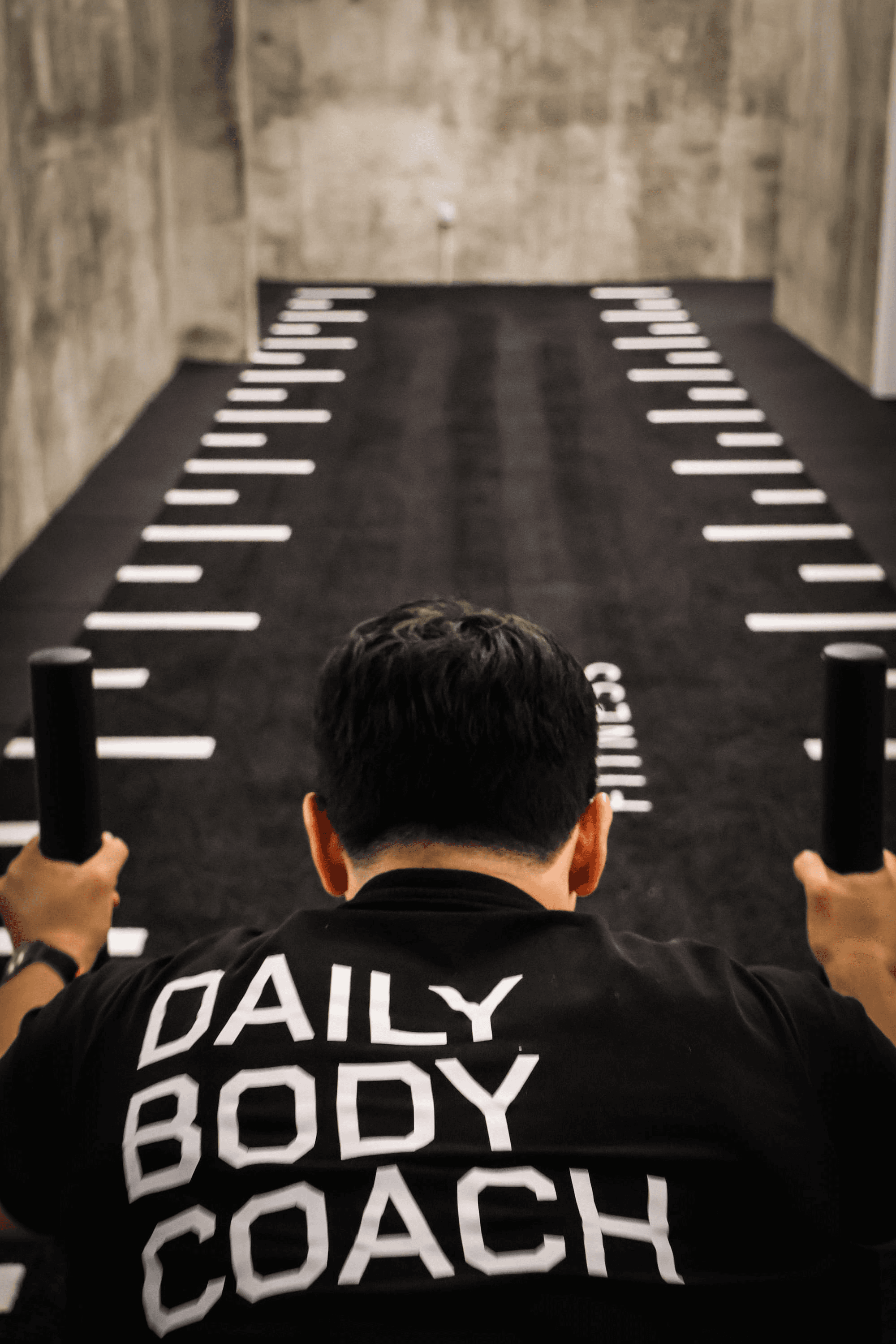2
min read
Caffeine is a compound of coffee, and has become one of the most widely distributed performance enhancing substances - it’s currently rated as the top consumed stimulant in the world.
The popularity of caffeine is driven not only by taste, but also by its reputation as an energizing stimulant. Here’s a quick introduction to the positive and negative effects of caffeine on your body and mind.
What is caffeine and does it affect sleep?
Caffeine is a stimulant that can temporarily increase alertness and energy levels. However, it can also disrupt sleep patterns and negatively affect the quality of sleep.
Drinking caffeine, particularly in large quantities or close to bedtime, can reduce your ability to drift off to sleep - even if you manage to nod off after consuming caffeine, the total duration of your sleep can still be compromised.
If you keep this going for a long while, sleep deprivation will hit you hard, negatively impacting cognitive function, mood, and overall health.
What are the consequences of caffeine on your health
Individual responses to caffeine can vary significantly - while some individuals may be highly sensitive to its effects, experiencing clear disruptions in their sleep patterns, others may find that caffeine has minimal impact for them.
For the sensitive individuals (most of us), if caffeine consumption is not wisely regulated during daytime, sleep deprivation will become an issue, leading to a significant reduction in cognitive function - this includes lower attention, alertness, vigilance, and speed of cognitive and psychomotor responses.
Some studies show that if we sleep 90 min less than our needs, for just one night, we can experience a reduction of 1/3 of daytime alertness.
While moderate caffeine intake earlier in the day is generally considered safe for most individuals, it's crucial to remain mindful of its potential repercussions on sleep, particularly if you're sensitive to caffeine or struggle with sleep.
Monitoring and limiting caffeine intake in the afternoon and evening, while understanding its influence on your sleep patterns, can play a crucial role in fostering better sleep hygiene and overall well-being.
Learn how to manage your caffeine intake and improve your sleep with our certified professionals. Book your free call here!













